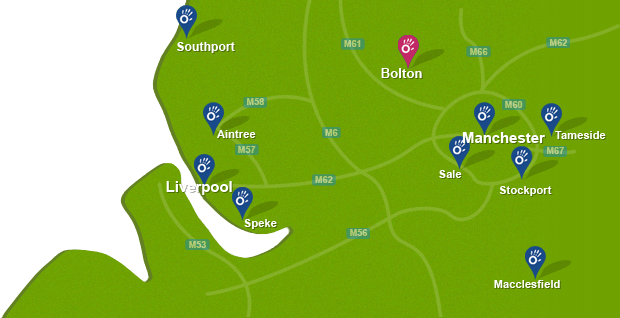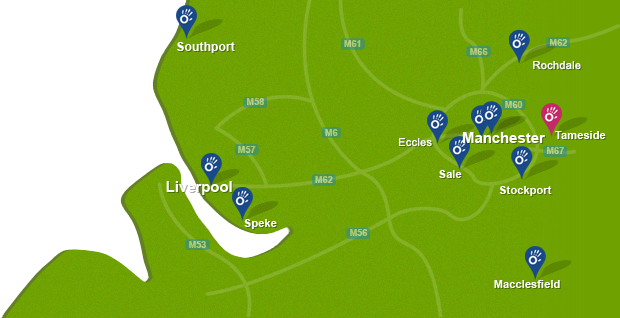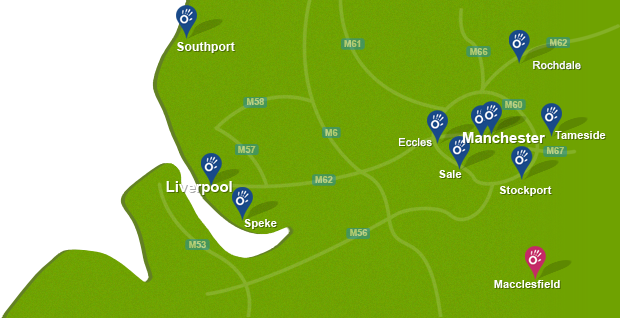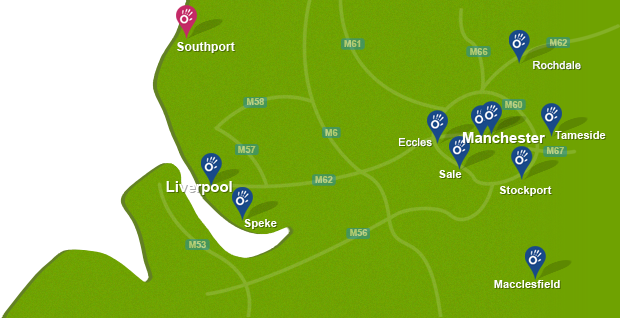What is Whiplash?
"Whiplash syndrome" is the name given to a group of neck pain syndromes most commonly resulting from rear-end vehicle impacts. Permanent damage is uncommon and your long-term outlook is good. Whiplash injuries are not usually serious and do not involve damage to the bones, discs or nerves in the neck.
The cause of pain in the acute (recent) stage after whiplash may be acute muscle injury, but there can be other significant injuries depending on the force of the injury. These can include spinal fracture, haematomas (bleeding into the tissues) and nerve damage.
 Above: We provide treatment for management of whiplash injury
Above: We provide treatment for management of whiplash injuryWhat causes Whiplash?
Whiplash is commonly caused by sudden, violent, backward jerk of the head or neck as the result of a rear end motor collision that includes sudden acceleration or deceleration.
As well as road accidents, whiplash may also be caused by::
- a sudden blow to the head - for example, during contact sports such as boxing or rugby
- a slip or fall where the head is suddenly and violently jolted backwards
- being struck on the head by a heavy or solid object
Diagnosis of Whiplash
A diagnosis of whiplash can be made by you GP following your accident. It is important to consult your GP as soon as possible to ensure you get the appropriate treatment and make a full recovery.
What are the effects/symptoms of Whiplash?
Most people report pain in the back of the neck which is worse on movement. Pain may radiate up to the head, across to the shoulders, arms or between the shoulder blades. Headaches are typically at the back of the head and spread forwards over the head.
Other, less common symptoms can be:
- Disturbances of eyesight
- Problems with balance and dizziness
- Weakness and heaviness in the arms
- Pins and needles on the inner sides of the hands
- Hoarseness and difficulty swallowing and eating
- Disturbances of hearing
Physiotherapy for Whiplash
Our specialised physiotherapists at Manchester Physio are experienced in dealing with whiplash and will use a variety of techniques to alleviate your pain and return you to full levels of activity. It is important to start treatment early to speed up recovery.
Your physiotherapist at Manchester Physio will initially assess your physical symptoms following your accident and ensure treatment is tailored to these findings. Physiotherapy treatment at Manchester Physio may include:
- Use of ice to decrease inflammation
- Advice on painkillers and anti-inflammatories
- Active and passive range of movement exercises to promote healing and relieve pain and stiffness
- Progressive exercises (including stretches, strengthening and conditioning)
- Soft tissue massage to promote recovery
- Joint mobilisation
- Ultrasound and electrical stimulation
- Postural alignment training
- Detailed reports for insurance companies if necessary
Manchester Physio stress the importance of proper care after injuries sustained in a motor vehicle accident and encourage each patient to follow their instructions closely, following through with every component of the program, to ensure the best possible recovery.
For more information about physiotherapy for neck problems, or to book an appointment please call 0161 883 0077.



 0800 033 7800
0800 033 7800







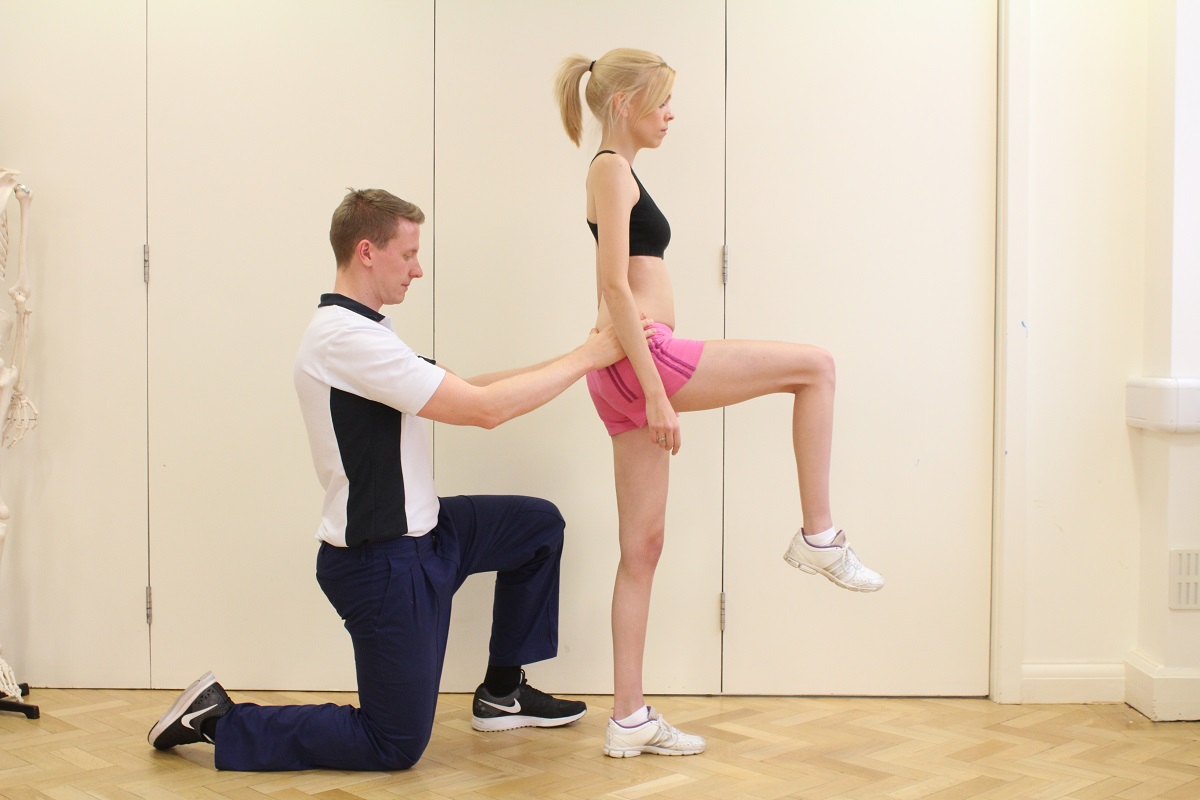

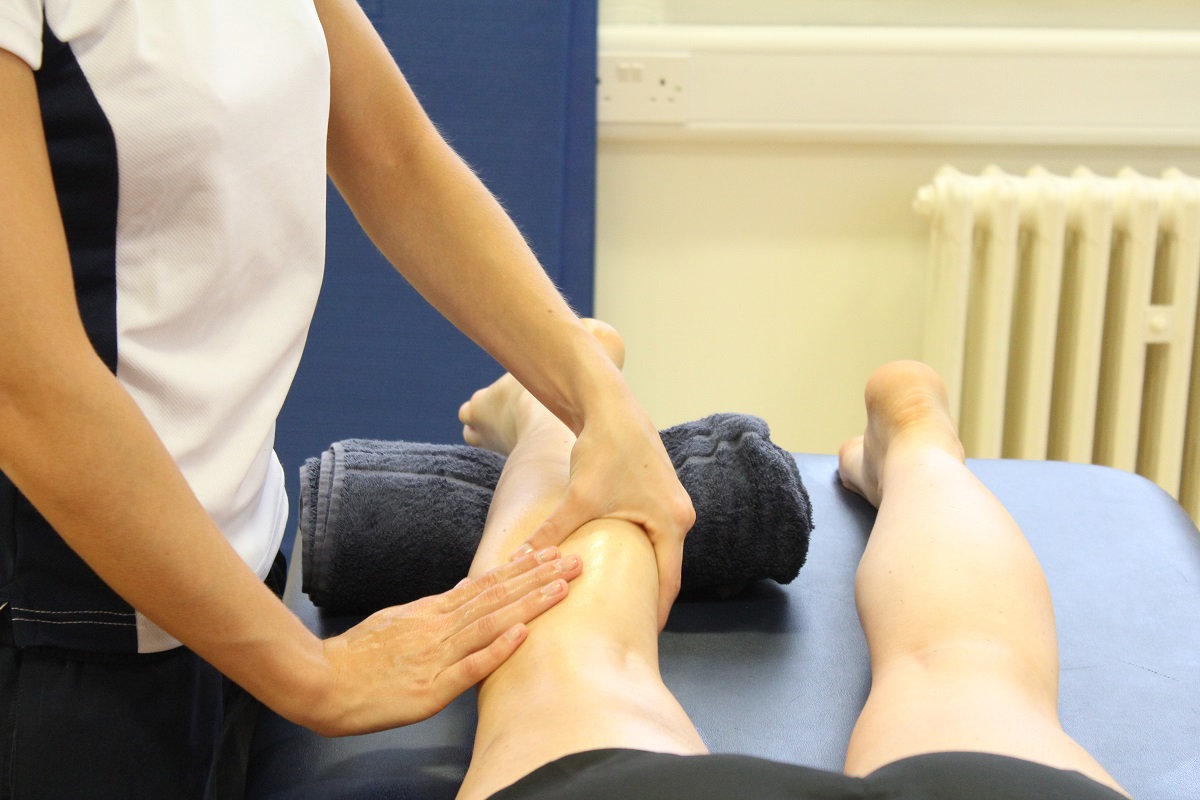



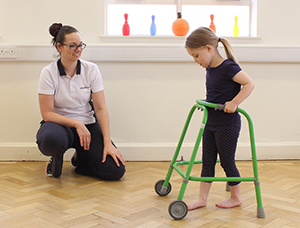
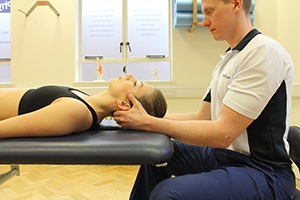
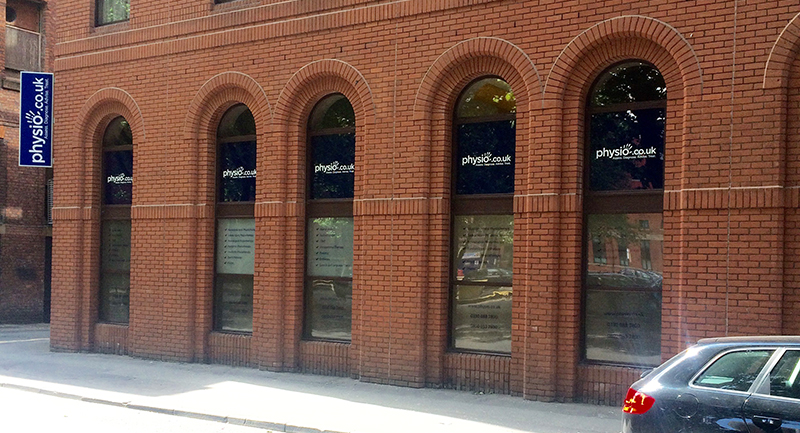
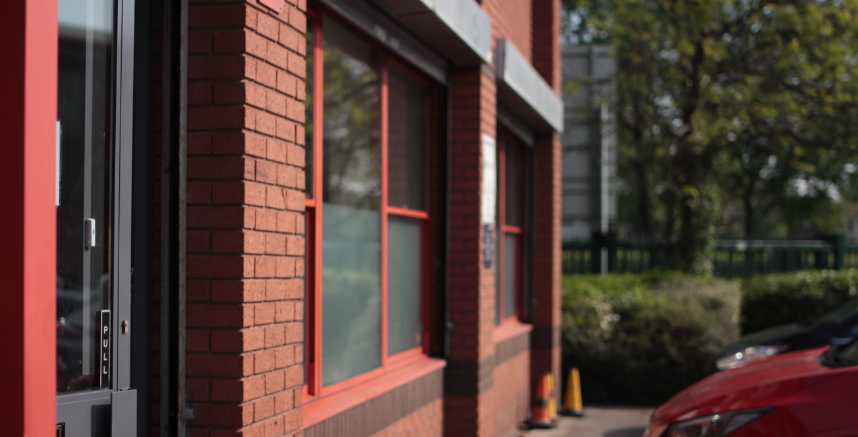






























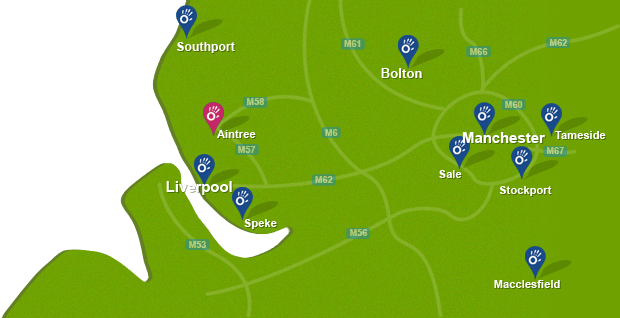

 f
f
